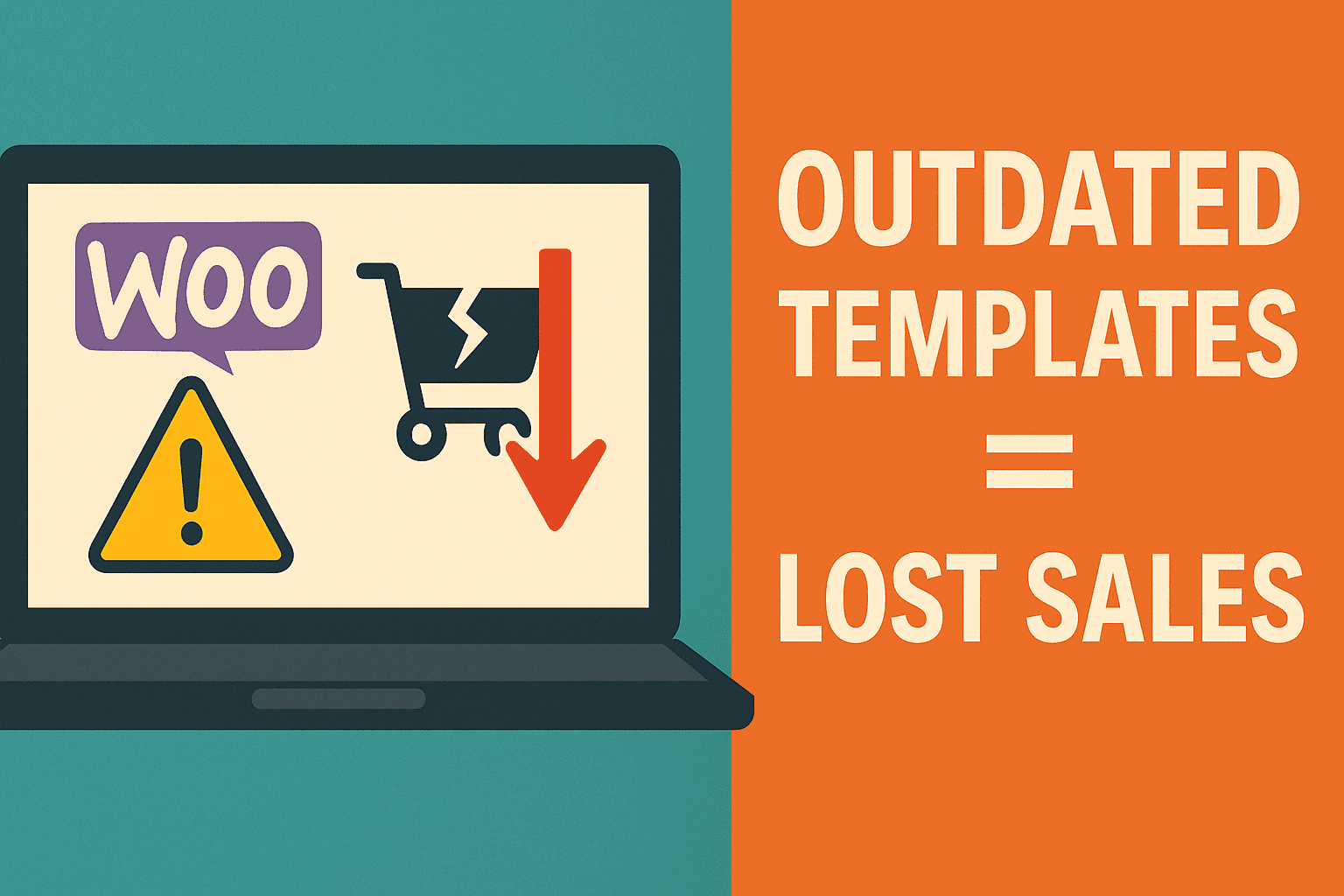Do you own a WordPress-powered website? Would you like it to be a little quicker?
The performance of your website has a significant impact on your search rankings and business.
You’ll learn why performance matters and how to create a lightning-fast WordPress site in this post.
Why Performance Matters
The performance of your website has an impact on two critical areas of your business:
- Your position in the search engines.
- Your earnings.
How?
Since 2010, Google has included page speed as a ranking factor for both desktop and mobile searches.
Google announced in 2020 that page experience cues would be implemented in rankings in 2021:
“The new page experience signals integrate Core Web Vitals with our existing search signals, such as mobile friendliness, safe browsing, HTTPS security, and invasive interstitial guidelines,” according to the company.
Performance has an impact on visitor behavior and conversions, in addition to becoming ranking variables in Google’s search algorithm.
In 2017, Google investigated the relationship between page load speed and bounce rate, or the percentage of visitors who leave your website without engaging with it. When the time it takes for a website to load increases, Google discovered that:
- The bounce rate increases by 32% between 1 and 3 seconds.
- The bounce rate increases by 90% from 1 to 5 seconds.
- The bounce rate increases by 106 percent from 1 to 6 seconds.
- The bounce rate increases by 123 percent from 1 to 10 seconds.
People who leave your website without scrolling, tapping, or clicking are unlikely to convert into leads or sales. As a result, a slow-loading website might have an impact on your company’s capacity to produce income.
How to Make a WordPress Website Faster
We have written an article on WordPress Speed Optimization – just scroll down the page on tops & tricks.
In summary what matters?
- Request amount your website creates.
- Code quality of the theme and plugins.
- Hosting.
- Images.





